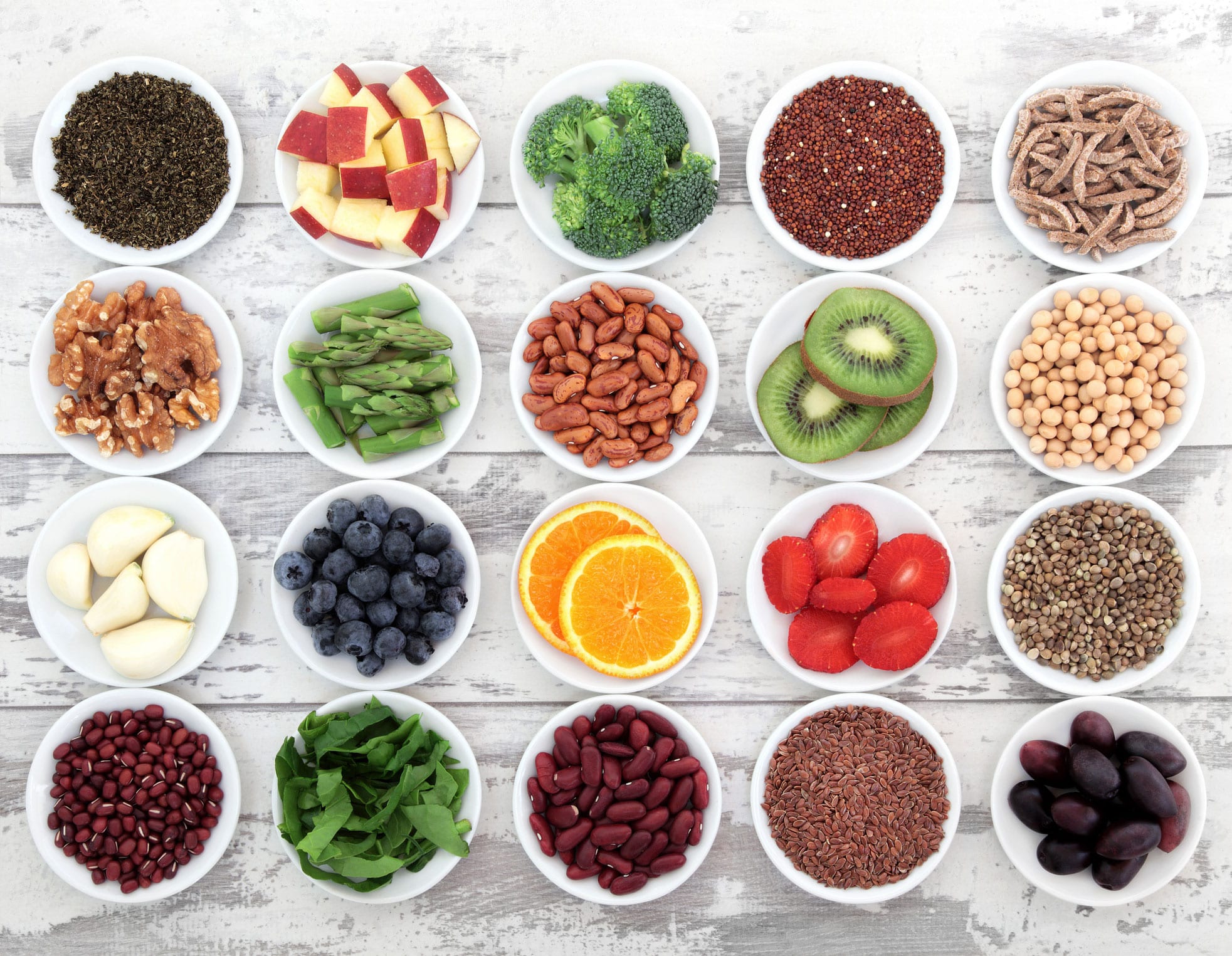<< Back
How an Oncology Nutritionist Can Help Your Body Fight Cancer

December 04, 2018
Nutrition is an essential part of health and shouldn’t be neglected when going through cancer treatment.
MaryBeth Dahlstrom-Green, an oncology nutritionist with the Hartford HealthCare Cancer Institute at Backus Hospital, said the often rigorous treatment required to fight cancer can leave patients physically and emotionally depleted. That’s where she comes in, meeting with them to understand their needs and help them take in the nutrients that will help their body fight.
“Most patients I see are undergoing radiation and that has challenges that impact what they eat, which impacts their overall health,” she said, adding that the treatment often causes issues such as nausea, diarrhea, weight loss, poor appetite, problems swallowing and taste changes. “I try to talk about strategies for managing those problems so they can stay as healthy as possible during treatment. The goal is to help them maintain a good energy level, promote healing, prevent infection and prevent significant weight loss.”
Tips include:
- For a metallic flavor in the mouth, typically a result of chemotherapy, Dahlstrom-Green said it’s “all about balancing the flavors.” She suggests marinating foods in an acid balanced with sweetness, such as teriyaki or barbecue sauce.
- If everything tastes “blah,” she urges patients to try adding a dash of lemon juice or sea salt to brighten flavors.
- Mouth care is important to avoid sores and thrush, so she suggests avoiding toothpaste containing peroxide and rinses with alcohol. Also, sour-tasting foods such as lemon increase saliva production, making it easier to swallow.
- Nausea can be combated by scheduling smaller, more frequent meals so the stomach never gets too empty. Dahlstrom-Green also tells patients there is evidence that ginger helps calm the stomach and can be taken in tea or chew form.
- If a cancer patient suffers from diarrhea, Dahlstrom-Green emphasizes the importance of staying hydrated. She suggests increasing the intake of anything that is liquid at room temperature – tea, seltzer, Jell-O, soup and ice cream. The daily goal is roughly eight to 10 cups a day. She will also suggest a lower-fiber diet and trying a soluble fiber product like Metamucil.
- Increasing calorie intake is the goal for patients at risk of malnutrition during treatment. Green introduces them to supplements like Boost or Ensure, or suggests simple strategies such as adding butter to the morning oatmeal or putting a piece of cheese or avocado on a sandwich.
- A diet based on whole, real foods such as fruits, vegetables, whole grains, lean proteins and plant-based fats can provide optimal nutrition quality and give the body the tools it needs for energy and healing.
“Excessive weight loss can be avoided for most people during treatment with early interventions. The priority is maintaining good nutrition status so they can feel as well and have the best outcome as possible,” she said. “I tell patients they need to nourish themselves.”
Dahlstrom-Green regularly hosts a nutrition class for cancer patients to address common concerns, encouraging patients to share tips that have worked for them. She also likes to address misinformation patients might get on the Internet or through the media – topics such as is soy bad for breast cancer, does sugar feed cancer or whether organic food is better.
“My goal is to take the fear out of food choices and to promote well-being during their cancer journey,” Green said. “So many people are terrified they are eating the ‘wrong’ foods and are getting information from non-evidence-based sources.”
All Hartford HealthCare Cancer Institute locations offer nutrition resources for patients. To find out more, click here.